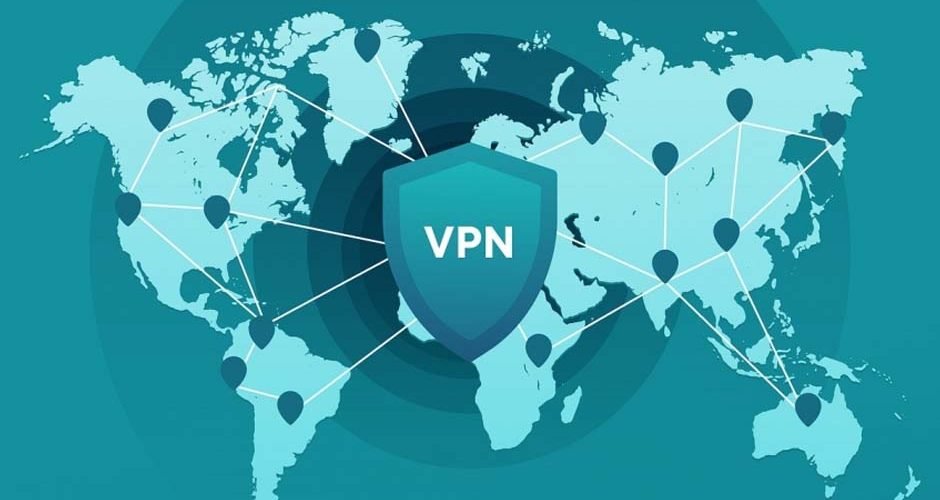It’s no wonder ads about VPNs keep popping up wherever you turn — over the past few years, VPNs have become ubiquitous in our daily lives. In fact, more than 33% of people worldwide use a VPN.
If you haven’t subscribed to one yet, you’re likely unsure what you need a VPN service for, and even if you have, you may not be aware of its full potential.
With its advantages ranging from convenience to security, you can use a VPN for an array of purposes. Go through our list below and discover how you can benefit from this service.
Table of Contents
1. Stay Protected on Public Wi-Fi
We’re all out and about almost every day. Much of that time, we need access to the web, be it for work or pleasure. Still, we’re often limited to public Wi-Fi connections if we don’t want to use our mobile data.
The problem is that public Wi-Fis are unprotected, as they usually don’t require a password. This is a serious issue because even beginner hackers can exploit the vulnerability, intercept the connection, and steal your data. With a VPN on, you don’t have to worry about this, as your information will remain secure.
2. Watch Movies and TV Shows From Other Countries
This is one of the most common reasons why people use a VPN. There is nothing more annoying than kicking back to stream a hot new TV series only to discover it isn’t available in your area. However, with a VPN on, you can effectively watch any content on any streaming service, wherever you are.
This can be especially useful in smaller countries where the local versions of popular streaming platforms lack some of the most interesting shows and movies. Moreover, using a VPN while watching videos won’t throttle your connection, so other devices in the home won’t get slowed down.
3. Work Remotely Without Worries
A post-COVID study showed that only 21% of companies have never used a VPN. Though most of them rely on the service for the security it offers, it can also be ideal for employees who need to work remotely while connected to the same server.
However, even if you’re not working for a big company with similar setup needs, a VPN is still beneficial. It can be perfect for freelance writers and SEO experts, as it lets them research other markets and geo-blocked content easily.
4. Find Better Deals and Save Money Online
Almost all companies today monitor our activity online. They want to see where we spend our time and money so they can target us with better ads. This process also includes tracking our location, which inevitably affects the prices shown to us.
Because of this, in many cases, certain product prices you see will be higher compared to the ones people get in other areas. With a VPN that enables you to move from country to country within minutes, you can avoid this issue. In other words, you’ll always be able to find the best deals and save a lot of money on various services. This includes plane and train tickets, hotel bookings, software, video games, and more.
5. Get More From “Free” Websites
Many websites today, especially the ones concerning news, allow only a small number of views for free. If you want more, you must subscribe to the service or make some other type of purchase.
However, these websites can know how many times you’ve visited based only on your IP address. As a VPN changes the IP when you connect to a different server, the sites effectively view you as a different user.
So, whenever you reach a limit on a news platform, simply virtually move to a different location with your VPN service. Reload the page and delete cookies if necessary, and you’re ready to start over.
6. Download or Share Files Without Being Noticed
Many government agencies believe that file sharing is inherently connected to illegal practices, which is why they monitor users who engage in this type of activity. This can quickly get you into trouble even if you’ve done nothing wrong. At the very least, you’ll be on their radar, which is certainly unpleasant.
However, with a VPN, your IP remains private online, so no one can track your actions. You’ll stay hidden from your ISP and the government’s prying eye.
7. Stop Problematic Ads and Block Cookies
Some ads are too intrusive, while others can be harmful, containing malware. On top of that, cookies from problematic sites can gather information on you and use it in ways you disapprove of.
However, you can avoid all of that with a VPN. Sites will have nothing to track while you’re on its server. Also, you won’t have to worry about potential malware seeping in, as VPNs also function as ad blockers.





